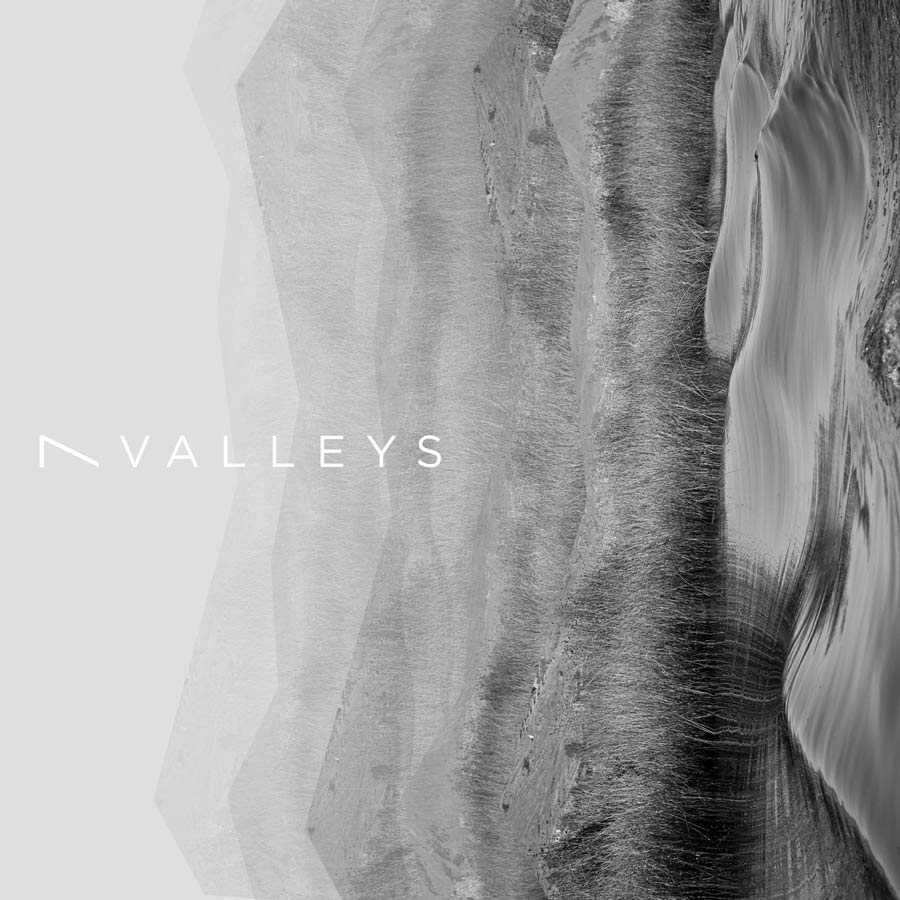The views expressed in our content reflect individual perspectives and do not represent the authoritative views of the Baha'i Faith.
In the third part of this series, listen to Paloma Piano’s album—7 Valleys—as she walks us through her creative interpretations of Baha’u’llah’s poetic words.
Listen to Paloma Piano’s album 7 Valleys while you read the interview:
Paloma’s album, a song sequence progressively named after each valley or spiritual stage in Baha’u’llah’s mystical book The Seven Valleys, grows more intricate and complex as the album transitions from one song to the next. In the interview, Paloma opens up about the motivations behind her arrangements, offering insight into her own creative, emotional and spiritual journey through each Valley.
Q: What are The Seven Valleys and why were you inspired to put them to music in your album 7 Valleys?
 A: The Seven Valleys are Baha’u’llah’s poetic and mystical metaphor of the stages a seeker of truth must pass. These Valleys are: The Valley of Search, The Valley of Love, The Valley of Knowledge, The Valley of Unity, The Valley of Contentment, The Valley of Wonderment and The Valley of True Poverty and Absolute Nothingness. When I read The Seven Valleys for first time I knew it was precious, and I felt very connected to this journey. My mother is a very devout Catholic and my dad a devout atheist. From them I learned to question everything and understand that all of us have different paths in life, and even though we have opposing views, there’s always a link between your existence and mine—beyond our minds, our thought, our language, our culture, there’s something infinite and mysteriously ever-present.
A: The Seven Valleys are Baha’u’llah’s poetic and mystical metaphor of the stages a seeker of truth must pass. These Valleys are: The Valley of Search, The Valley of Love, The Valley of Knowledge, The Valley of Unity, The Valley of Contentment, The Valley of Wonderment and The Valley of True Poverty and Absolute Nothingness. When I read The Seven Valleys for first time I knew it was precious, and I felt very connected to this journey. My mother is a very devout Catholic and my dad a devout atheist. From them I learned to question everything and understand that all of us have different paths in life, and even though we have opposing views, there’s always a link between your existence and mine—beyond our minds, our thought, our language, our culture, there’s something infinite and mysteriously ever-present.
Q: Could you walk us through the process of composing for each valley? What makes each of these songs unique?
A: There are eight songs on the album. The first song on the album is called Prelude. I wanted to compose a song that preceded the 7 Valleys because following a spiritual path, to look within and make a conscious decision to change and become a more peaceful and loving being, not for your own sake but for humanity, is a journey that not everybody is willing to take. Prelude intends to evoke these feelings.
The next song, The Valley of Search, enters in the Prelude, as a spark of curiosity. It’s that call that tells you to follow this path—it’s up to you to hear it or not. Actually both the Prelude and The Valley of Search songs are in the same key, and if you listen to them together they seem to be one single song. I composed these melodies and harmonies on a gloomy afternoon in Bogota, inspired by Baha’u’llah’s gorgeous language and symbolism:
The steed of this Valley is patience; without patience the wayfarer on this journey will reach nowhere and attain no goal. Nor should he ever be downhearted; if he strive for a hundred thousand years and yet fail to behold the beauty of the Friend, he should not falter. – Baha’u’llah, The Seven Valleys, p. 5.
Q: What’s next?
A: The Valley of Love is a song that came to me after a trip I made to the U.S. I was very young and discovering life. This trip was an act of faith. It was one of the first times I had travelled alone, and I had this immense sense of freedom and responsibility. Everything was new and beautiful, and this is what I captured when I read The Valley of Love in The Seven Valleys. That feeling you experience, that state of perpetual peace that is so intense, for myself it turned into a devotion for existence, for the universe, for God, this for me is love:
The next song, The Valley of Knowledge, came to me after exploring minimalist composers such as Philip Glass and Michael Nyman. This song comes from an intellectual exploration of piano minimalism. I find that music offers the perfect collision between emotion and intellect. When I deeply study the topic of music, understanding the language and the sounds from a more mathematical and scientific perspective, it reveals to me a universal logic manifested in everything. Such a perspective offers philosophical meaning, offering a detailed examination of our time in history. The Valley of Knowledge is a song that explores the rhythm of our time.
The Valley of Unity is one of my favorite Valleys. I actually don’t remember exactly when I composed this song, it didn’t come straight away, it gradually developed over the years. It was with time that I connected the different parts of the song and it was due to this process that it felt right to name it The Valley of Unity.
The Valley of Contentment is a song I composed when I was about 14 years old and in high school. The sound is very gentle and pure, it’s a song that comes from a very genuine and honest look at life—at that age I was still very young, and didn’t quite see the wrong in anything. It seemed appropriate to name it The Valley of Contentment:
For on this plane the traveller witnesseth the beauty of the Friend in everything. Even in fire, he seeth the face of the Beloved. He beholdeth in illusion the secret of reality, and readeth from the attributes the riddle of the Essence. – Ibid., p. 25.
The Valley of Wonderment presented me with an opportunity to explore a new sound. I wanted to create a song that was abstract, and that had a sense of mysticism, of wonderment. This is a song that came while practicing piano and exploring new harmonies. In The Valley of Wonderment I imagined the moment that a traveller reaches the destination and becomes fully aware of the holiness within, and has surpassed the inner struggle for strength and conscious devotion:
Likewise, reflect upon the perfection of man’s creation, and that all these planes and states are folded up and hidden away within him. Dost thou reckon thyself only a puny form, When within thee the universe is folded? Then we must labor to destroy the animal condition, till the meaning of humanity shall come to light. – Ibid., p. 34.
The Valley of True Poverty and Absolute Nothingness is my favorite one. This song was a gift. Sometimes there are songs that you don’t really compose, they come to you already written, they pass through you and you are just an instrument that translates the song into reality. This is one of those songs. I perceive this valley as a state where your heart is completely filled with the presence of God, and has abandoned the life of this world to inhabit the worlds of God. Reaching this state is so laudable and divine, it’s an example of wisdom and detachment, true inspiration. I feel the song intends to reflect these emotions.
Listen to more of Paloma’s music on SoundCloud.
Listen and download to Paloma’s EÓN EP on Apple Music, Spotify, Amazon or Deezer.
















Comments
Sign in or create an account
Continue with Googleor